More effort to increase awareness about GM crops in Vietnam

The workshop was held by Vietnam Farmers’ Union (VNFU) in collaboration with Rural Today Newspaper.
In reality, farmers as well as heads of local farmers unions in Vietnam have access to limited information on GM crops. The majority of famers are not well aware of GM crops, their safety and impacts in agricultural production.
This workshop aimed at providing and disseminating additional information in this regard; and at the same time the workshop offered heads of local farmers’ unions and farmers opportunities to join in a Q&A session on GM crops.
“I hope that after the workshop, farmers and heads of farmers’ unions can have access to additional information on GM crops to make their decisions on appropriate crops for production when GM crops are officially commercialised in Vietnam,” said Nguyen Duy Luong, standing vice president of VNFU.
The workshop also welcomed the presence of two Pilipino farmers as representatives of the Asian Farmers Regional Network to share their experience of GM maize farming and advocacy of GM crops to the Pilipino public.
As a scientific achievement of humanity, the GM crop was successfully studied in the 80s of the 20th century. GM crops were officially commercialised all over the world in 1996 and the global agriculture has witnessed an unprecedented growth rate of GM crops.
According to the International Service for the Acquisition of Agri-biotech Applications (ISAAA), in 2013 more than 18 million farmers in 27 countries planted GM crops over a total area of approximately 170 million hectares.
In addition, GM crops are also cultivated, imported and used in field trials in 70 countries in the world.
GM crops have also proved to be significant in enabling farmers to increase income, save time and labour and thereby improve their living standards, particularly for farmers in developing countries.
According to a report by the PG Economics Institute, the GM crop growth rate in terms of productivity and profits gained by farmers in developing countries is higher than that gained by farmers in developed countries.
In 2012, farmers in developing countries received $4.37 for each dollar invested in GM crop seeds in 2012 while farmers in developed countries received $3.04 for each dollar invested in GM crop seed on average.
In Vietnam, at the beginning of 2010, Ministry of Agriculture and Rural Development (MARD) issued licenses for small-scale and large-scale testing of five GM maize strait events.
At the end of August, MARD issued decisions recognising the eligibility of GM maize events for being used as feeds in Vietnam.
Afterwards, Ministry of Natural Resources and Environment approved and granted biosafety certificates regarding three GM maize events, a significant and specific legal development towards commercialisation and official application of GM maize in large-scale production in Vietnam in 2015.
In fact, maize production accounts for an insignificant proportion due to low average productivity compared to in many other countries in the world.
As a result, in an effort to restructure the farming sector, MARD decided to expand the maize production area to achieve the 8.5 million tonne target for use in manufacturing industrial feeds and reducing imports in the coming time.
The statistics by MARD indicates that 70 per cent of the feed materials in Vietnam are imported. In November 2014 alone, Vietnam spent $3.03 billion for imported feeds, of which 4.07 million tonnes of maize was imported, accounting for $1.05 billion.
Given the advantage of insect and herbicide resistance, GM maize is one of the appropriate solutions to increase crop productivity, improve farmers’ income and especially reduce dependency on imported materials.
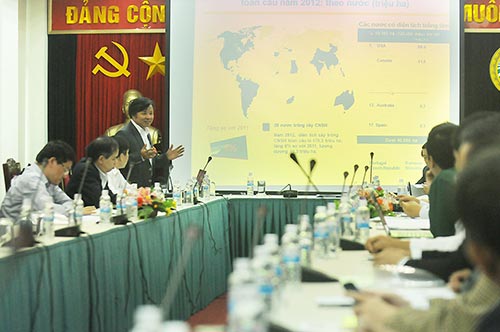
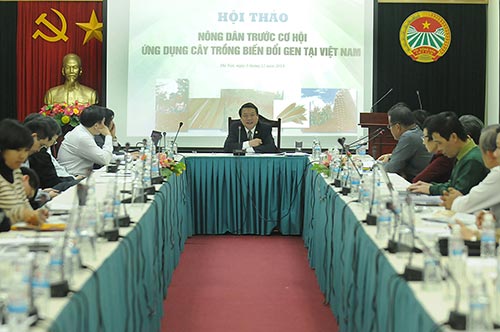

What the stars mean:
★ Poor ★ ★ Promising ★★★ Good ★★★★ Very good ★★★★★ Exceptional
Latest News
More News
- China emerges as Vietnam’s top shrimp importer (July 24, 2025 | 15:15)
- VinFast Launches VF 7 EV SUV in Indonesia (July 24, 2025 | 14:55)
- DL Holdings Unveils Bold Web3 Plan (July 24, 2025 | 14:09)
- Pharma sector faces up to AI hurdles (July 24, 2025 | 11:27)
- Cathay Cargo specialised solutions embrace Vietnam high-tech industries (July 24, 2025 | 10:45)
- Companies unlock the power of emotional connection (July 24, 2025 | 10:22)
- Harnessing 5G and AI convergence for transformative economic growth in ASEAN (July 23, 2025 | 15:59)
- Vietnamese lychees debut at leading US retail giant Costco (July 23, 2025 | 15:48)
- HeyMax Acquires Krip To Boost Loyalty Market Expansion (July 23, 2025 | 11:00)
- Digital assets now on a legitimate footing (July 23, 2025 | 10:55)



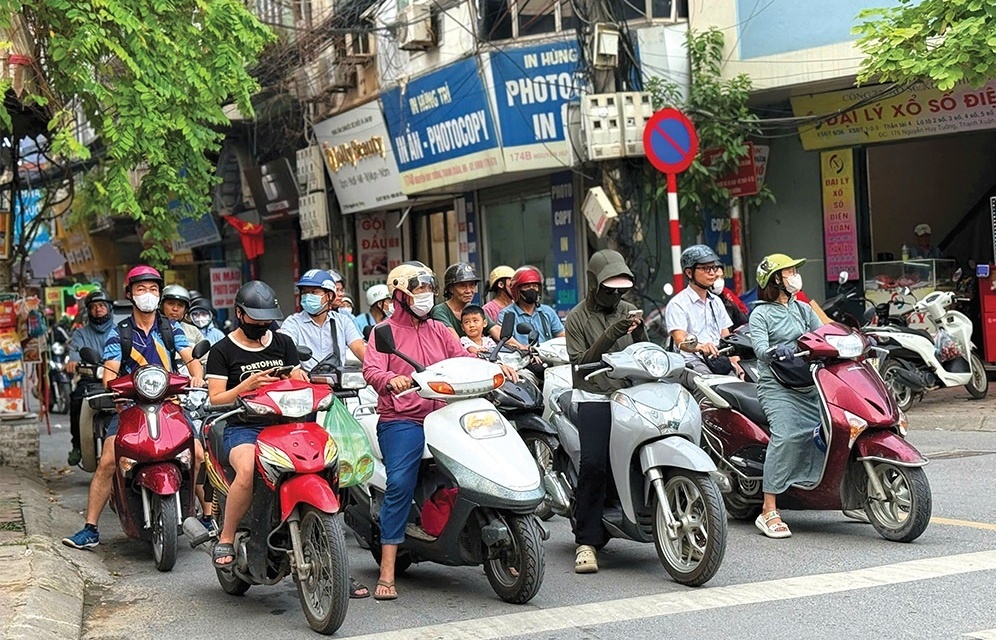

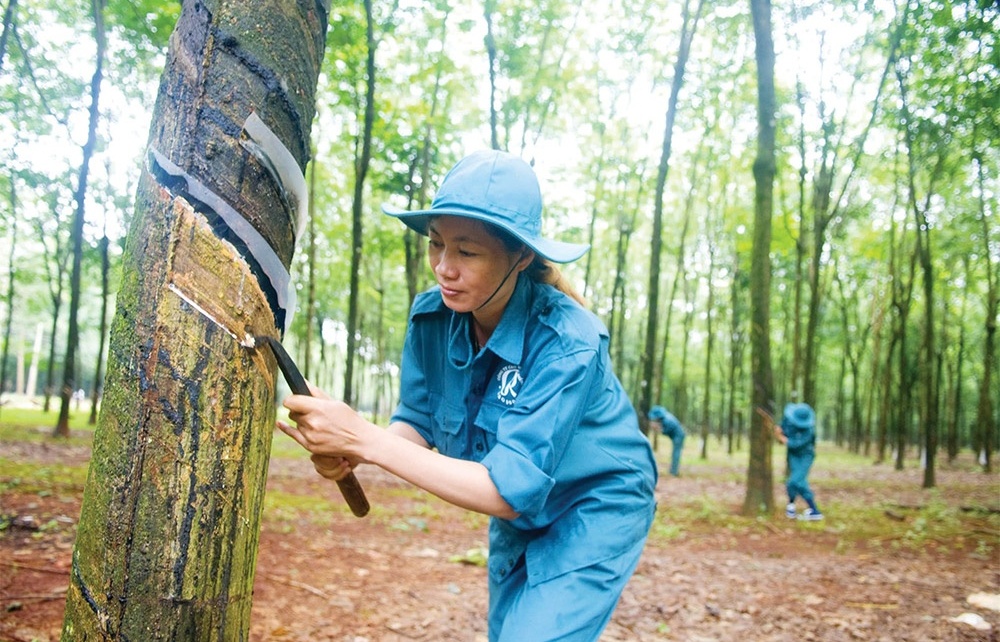




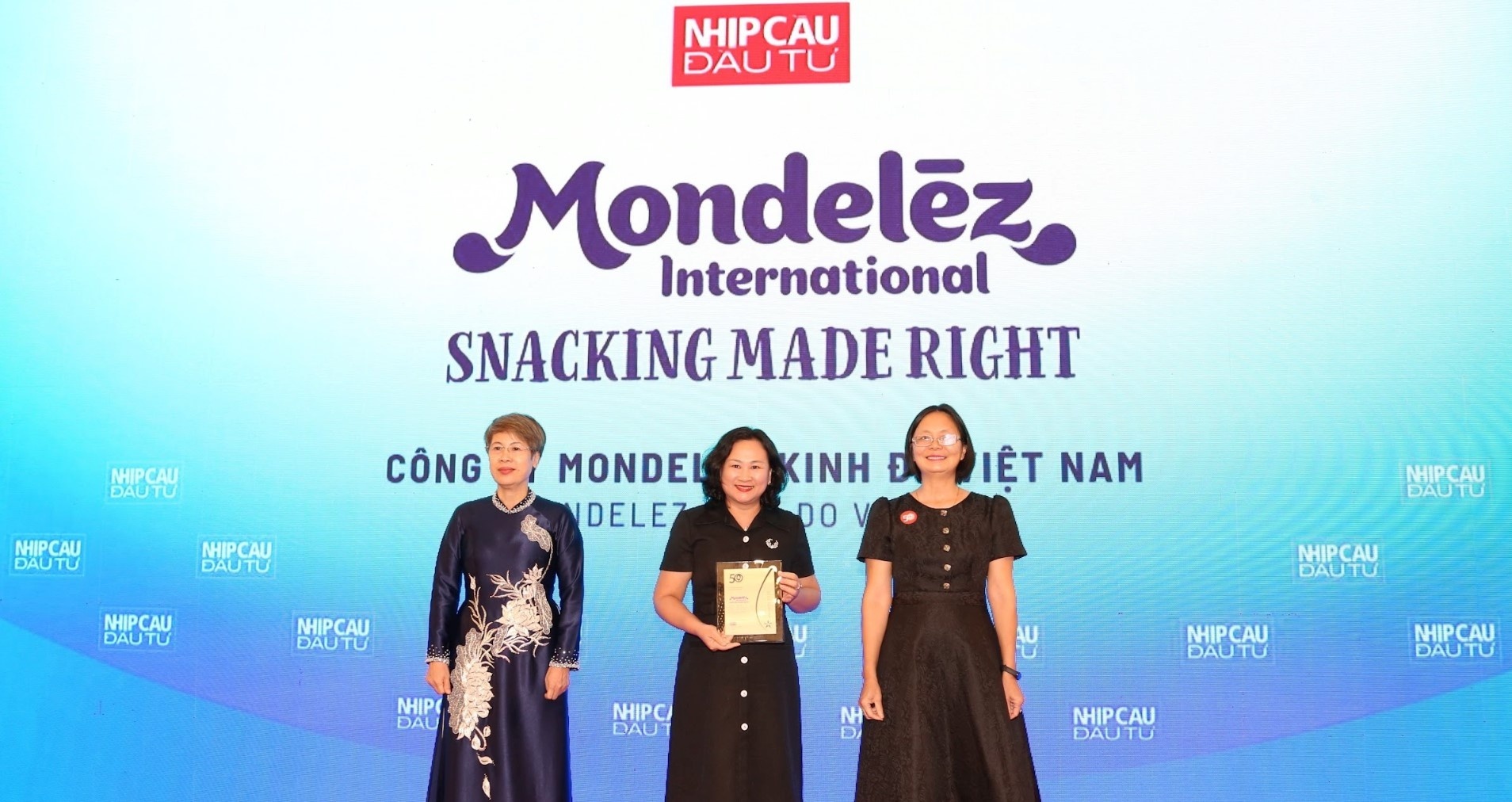
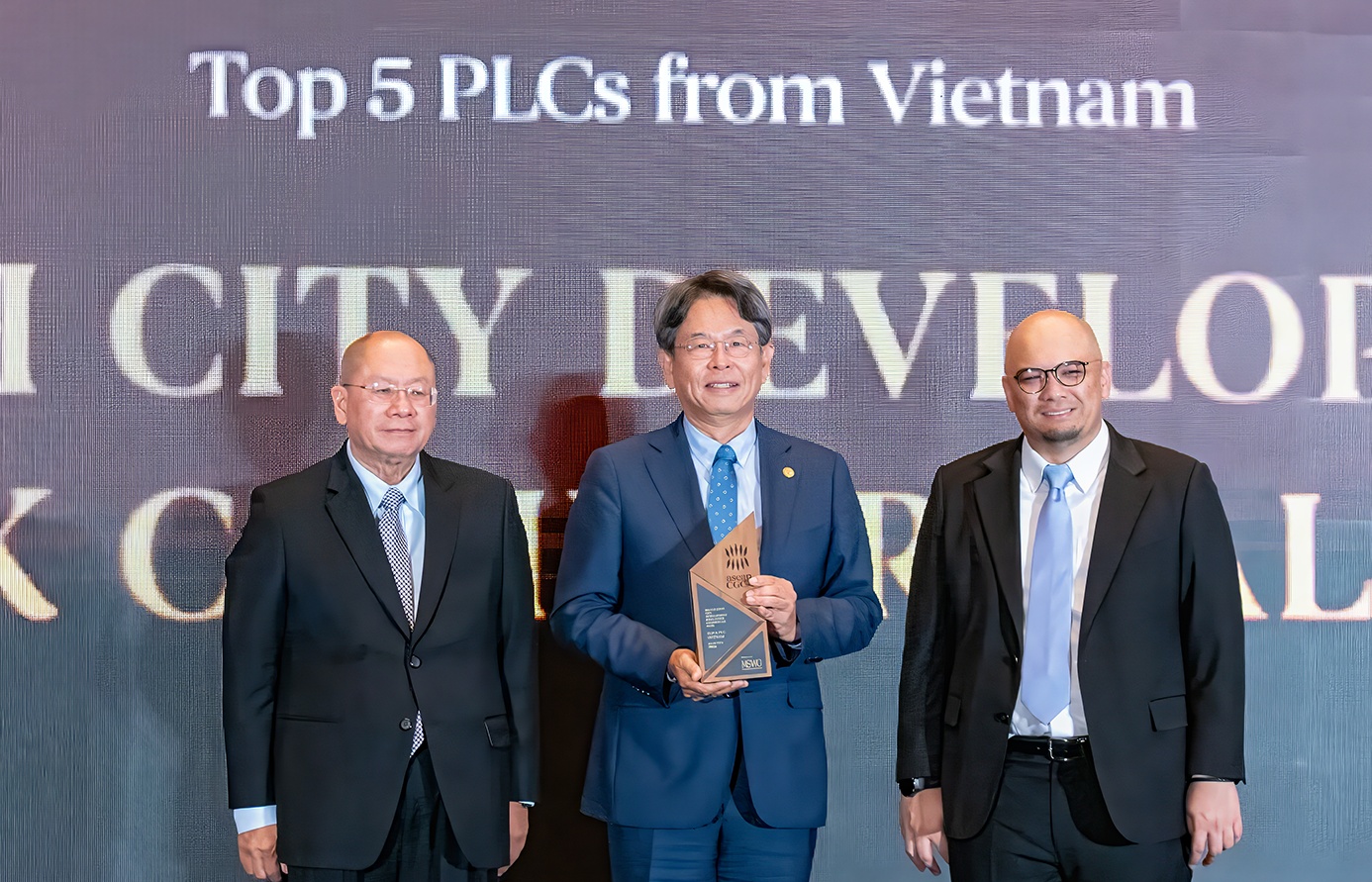
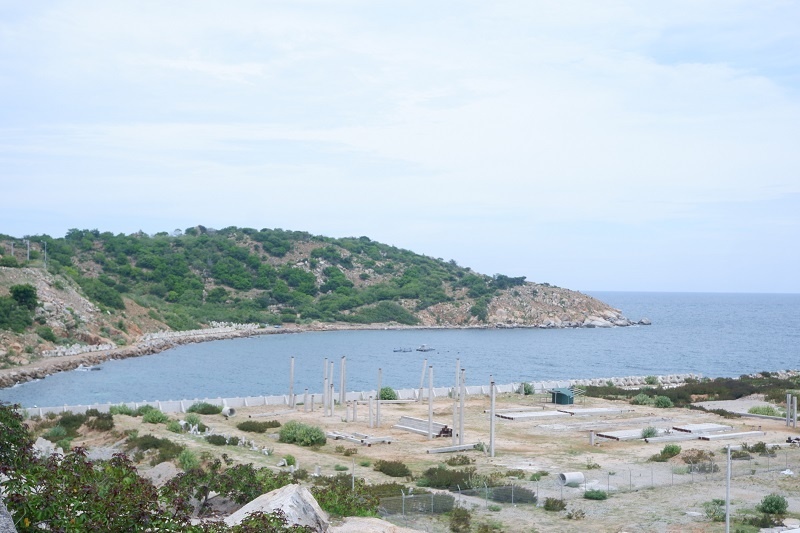



 Mobile Version
Mobile Version